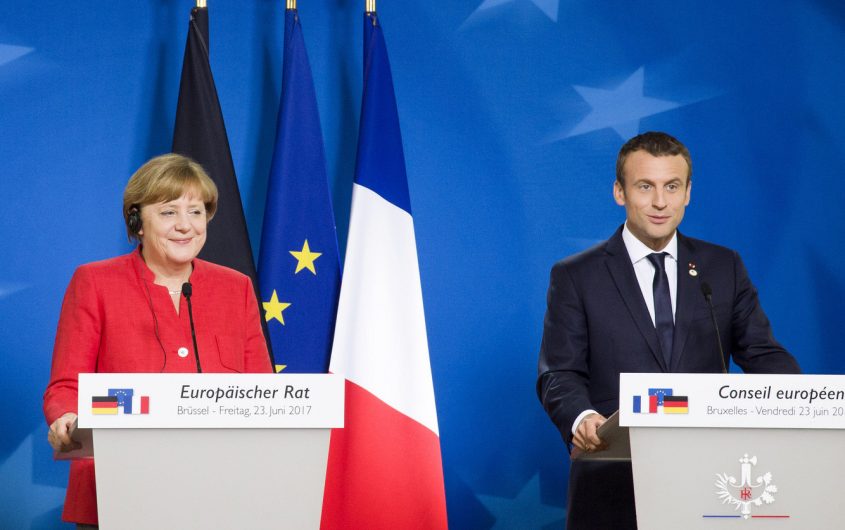
European Council
Germany’s Aussenpolik After the Election

Stephen F. Szabo
Senior Fellow
Dr. Stephen F. Szabo is a Senior Fellow at AICGS, where he focuses on German foreign and security policies and the new German role in Europe and beyond. Until 2017, he was the Executive Director of the Transatlantic Academy, a Washington, DC, based forum for research and dialogue between scholars, policy experts, and authors from both sides of the Atlantic. Prior to joining the German Marshall Fund in 2007, Dr. Szabo was Interim Dean and Associate Dean for Academic Affairs and taught European Studies at The Paul H. Nitze School of Advanced International Studies, Johns Hopkins University. He served as Professor of National Security Affairs at the National War College, National Defense University (1982-1990). He received his PhD in Political Science from Georgetown University and has been a fellow with the Alexander von Humboldt Stiftung, the Woodrow Wilson International Center for Scholars, and the American Academy in Berlin, as well as serving as Research Director at AICGS. In addition to SAIS, he has taught at the Hertie School of Governance, Georgetown University, George Washington University, and the University of Virginia. He has published widely on European and German politics and foreign policies, including. The Successor Generation: International Perspectives of Postwar Europeans, The Diplomacy of German Unification, Parting Ways: The Crisis in the German-American Relationship, and Germany, Russia and the Rise of Geo-Economics.
The German election of 2017 has produced an unstable government which is unlikely to offer the kind of leadership in foreign and security policy that Europe and the larger West need in a turbulent time. Chancellor Angela Merkel will be in a weaker position than before with the loss of key cabinet positions to the Social Democrats and the Bavarian Christian Social Union. Many will be looking past her as the struggle to succeed her will in – crease. The key foreign policy agenda will include Europe and the Franco- German relationship, Russia, Turkey and Transatlantic relations. Merkel 4.0 is likely to be a transitional and unruly government that will bridge the end of the Merkel era and the start of one led by a new generation of leaders.
Read the full article at German Politics and Society.








